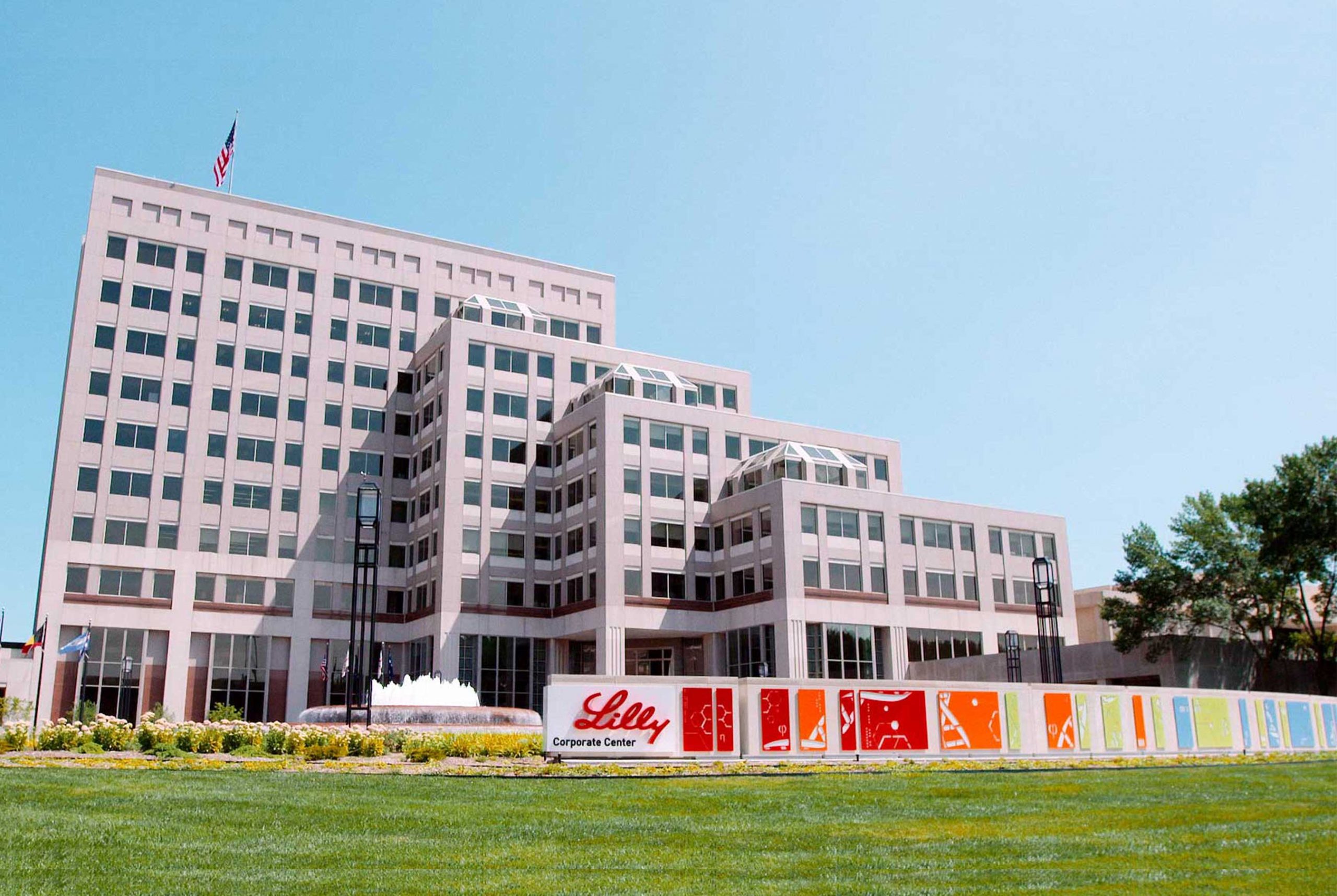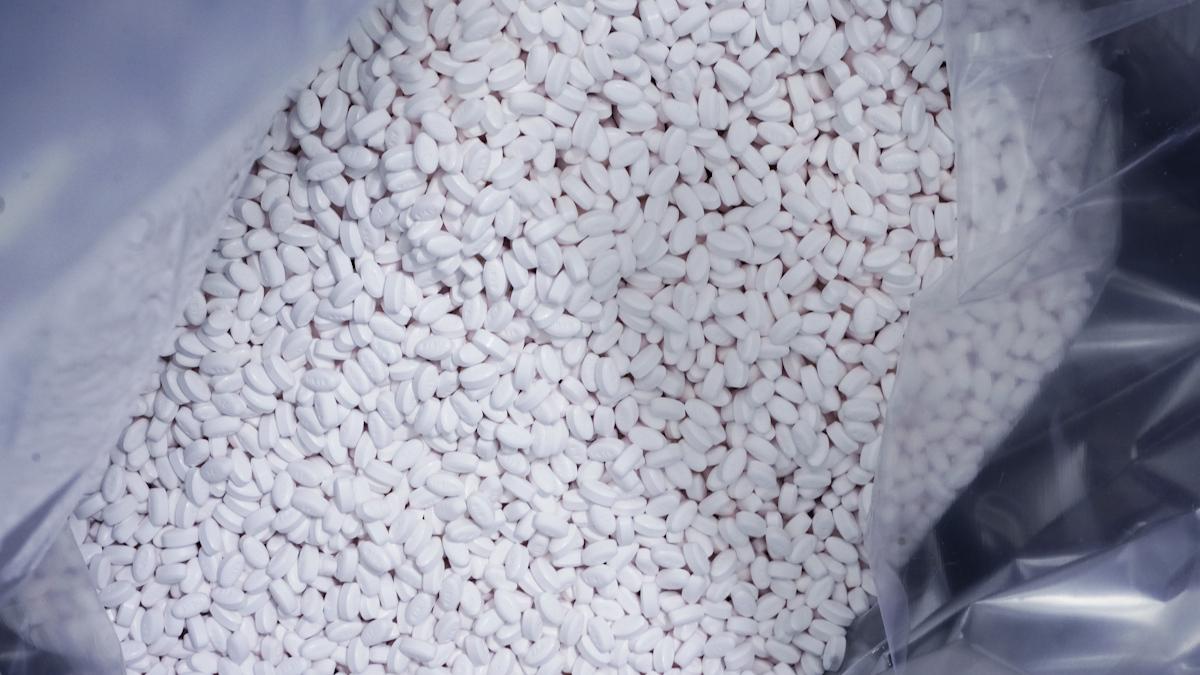Lilly researches cell therapies for type 1 diabetes with Sigilon

Eli Lilly and Sigilon Therapeutics have announced a collaboration to develop therapies based around capsules of genetically-engineered stem cells to treat type 1 diabetes.
A privately-held biotech, Sigilon will get $63 million upfront to develop encapsulated stem cell therapies, an emerging area of research that aims to unleash the potential of cells to treat serious diseases with the need for immunosuppression.
This approach could address chronic conditions such as type 1 diabetes, where pancreatic beta cells are destroyed by the immune system, leading to damaging high blood sugar hyperglycaemia and long-term complications if glucose levels are not managed effectively.
Cambridge, Massachusetts-based Sigilon and Lilly will create products based on induced pluripotent stem cells, a type of stem cell derived from adult cells, and engineered into differentiated insulin-producing pancreatic beta cells and encapsulated using Sigilon’s Afibromer technology.
The goal of these products will be to restore insulin production over sustained periods, without triggering an immune reaction that can occur with conventional pancreatic islet transplantation from a deceased donor.
Lilly will receive an exclusive worldwide licence to Sigilon's Afibromer technology for islet cell encapsulation.
Sigilon will receive an upfront payment of $63 million and Lilly will make an undisclosed equity investment in Sigilon.
The biotech is also eligible to receive up to $410 million in development and marketing milestones, as well as single to double-digit tiered royalties on future product sales should the collaboration yield a commercially successful product.
Sigilon will be responsible for all development activities and costs related to the collaboration until the therapy is filed with the FDA. After filing, Lilly will be responsible for all clinical development and marketing activities and costs related to the collaboration.
Sigilon was founded and created by Flagship Pioneering, a life science innovation firm, which unveiled the company in 2017 with $23.5 million in capital.
Lilly will incur an acquired in-process research and development charge to earnings of approximately $0.05 per share in the second quarter of 2018. The company's reported earnings per share guidance for 2018 is expected to be reduced by the amount of the charge.
Daniel Skovronsky, senior vice president for clinical and product development and incoming president of Lilly Research Labs, said: "At Lilly, we endeavour to change the frontiers of what's possible in medicine, both through our own scientific labs and in collaboration with other leading researchers.”













